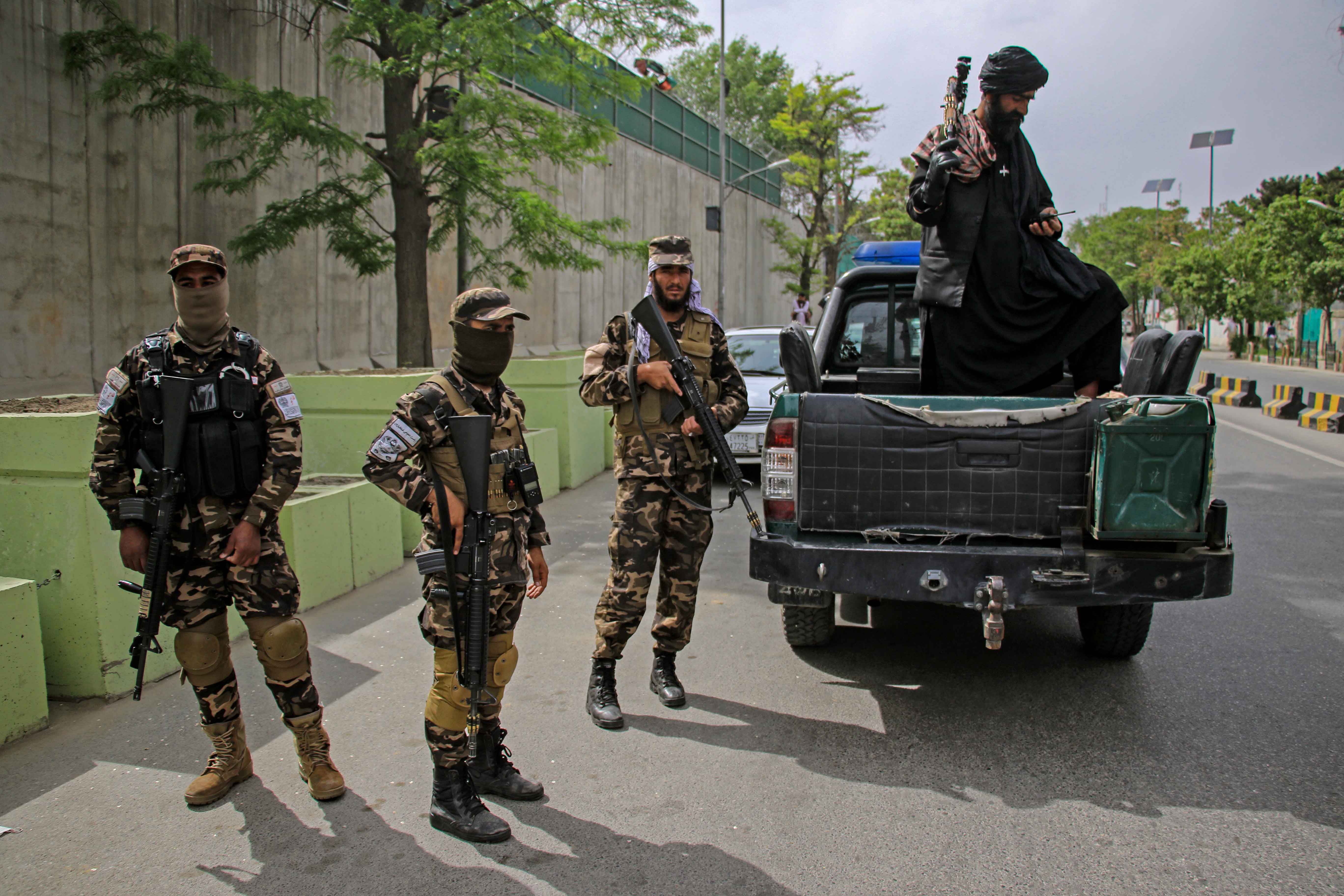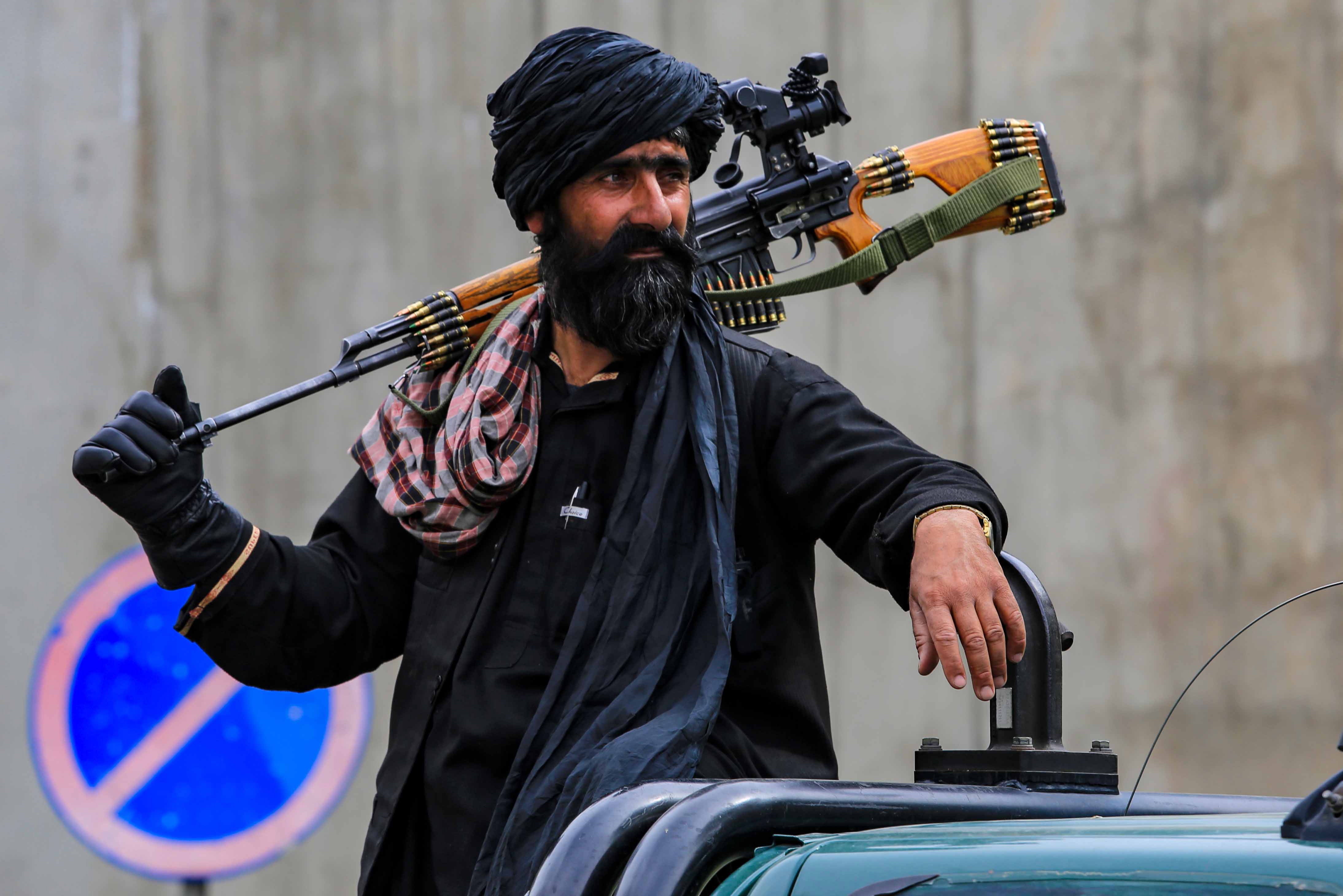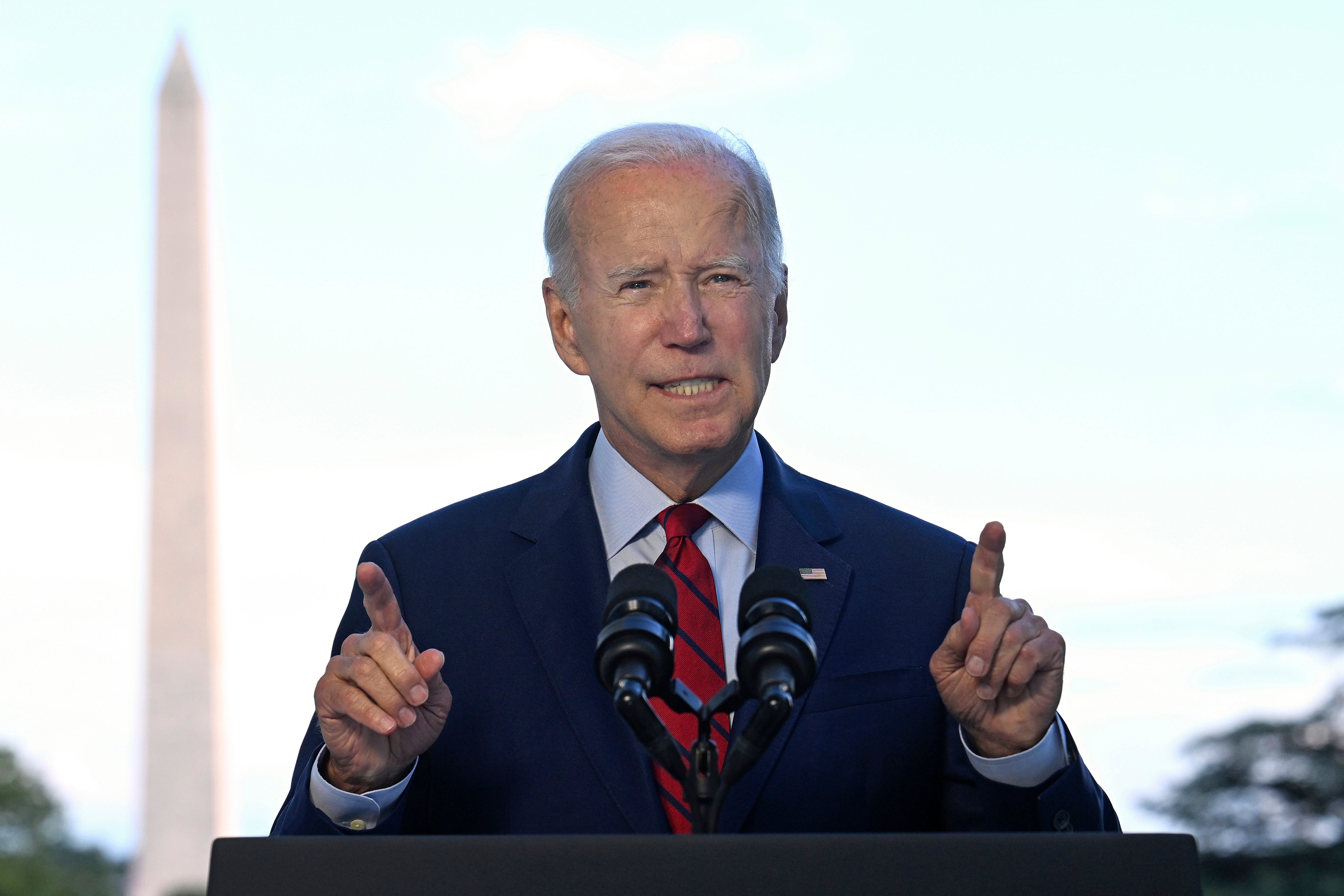After al-Zawahiri killing, what’s next for global jihad?
The assassination comes as al-Qaeda seeks to regain its terrorism leadership while Isis is still reeling from the loss of its caliphate, writes Kim Sengupta


After the 9/11 attacks, General Norman Schwarzkopf, head of US Central Command, was asked if America could ever forgive Osama bin Laden. “It’s not our job to forgive Bin Laden,” he responded. “It’s God’s job to forgive Bin Laden; our job is to ensure that a face-to-face meeting takes place.”
Twenty-one years on, another of the main figures responsible for the worst acts of terrorism in America’s history has been hunted down and executed. Ayman al-Zawahiri, who personally oversaw the New York atrocity and succeeded Bin Laden as head of al-Qaeda, was killed by a missile strike in Kabul.
The US had put a $25m bounty on his head. But the Egyptian former surgeon had escaped American retribution since taking over from Bin Laden following his assassination by US special forces in Pakistan 11 years ago.
US intelligence had located 71-year-old al-Zawahiri earlier this year after he moved to the central district of the Afghan capital with his family including his wife and daughter. One week ago, the decision was taken to carry out the strike at a time that was “optimal” and met conditions such as ensuring his relations would be unharmed in the operation.
That time turned out to be 6.18am on Sunday in Kabul (2.48am BST) when two Hellfire R9X ‘ninja bombs’ were fired at al-Zawahiri as he stood on the balcony of a house in the Sherpur district, killing him instantly.
Announcing the death, president Joe Biden wanted to point out that al-Zawahiri had masterminded many other acts of violence including the suicide bombing of USS Cole in Aden in 2000 that killed 17 sailors, and the 1998 attacks on American embassies in Kenya and Tanzania in which 223 people died.

The death of the al-Qaeda leader comes at a critical point in Islamist militancy with al-Qaeda seeking to regain its leadership of international jihad as Isis recovers from the loss of its caliphate.
At about the same time that US intelligence began receiving information about al-Zawahiri’s presence in Kabul, it located Abu Ibrahim al-Hashimi al-Qurashi, the head of Isis, in Idlib, Syria. US Special Forces carried out a raid on a two-storey house during which 13 were killed, including six children and four women.
American officials claimed that al-Qurashi, cornered, had detonated the explosive device himself. Al-Qurashi had taken over from Abu-Bakr al-Baghdadi, who had been killed in October 2019 during Trump’s tenure in office.
Abu Al-Hassan al-Hashimi al-Qurashi, aka Juma Awad al-Badri, reported to be a brother of al-Bagdadi, was named as the new leader by Isis.
The al-Qaeda succession is due to emerge in the near future. Among names being mentioned are Saif al-Adel Saif al-Adel, a former army officer and fellow Egyptian, held responsible by the Americans for the embassy bombing in Nairobi. He is a member of the al-Qaeda “military committee” and advisory council Majlis al-Shura, and a trainer of jihadists in the Middle East and Africa.
Also said to be in the running are Abd al-Rahman al-Maghrebi – Zawahiri’s son-in-law and head of al-Sahab, al-Qaeda’s media wing, as well as its administrative head for Afghanistan and Pakistan – along with Ahmed Umar Abu Ubaidah, the head of Somali group, al-Shahaab.

The killing of al-Zawahiri is the first counterterrorism strike inside Afghanistan by the Biden administration since the chaotic Western retreat last August. In the last days before US forces left Kabul airport, a US drone killed 10 civilians – an attack that Washington later said was a “tragic mistake”.
The al-Zawahiri assassination shows the US remains capable of “over the horizon” attacks in Afghanistan. But inevitably, questions have been raised about the turbulent withdrawal amid claims Afghanistan risks sliding back to the kind of ungoverned space in which the 9/11 and other devastating attacks were planned.
Although Republicans in Congress joined Mr Biden in welcoming the al-Qaeda leader’s death, House minority leader Kevin McCarthy blamed the “possible re-emergence of al-Qaeda” on the scrambled exit and demanded that the administration does more to ensure that Afghanistan does not again become a terrorist haven.
Senior US officials said the hierarchy of the Haqqani network – a powerful part of the Taliban government – was aware of Zawahiri’s presence in Kabul. The house where he died is reported to be owned by an associate of Sirajuddin Haqqani, leader of the network and the interior minister in the new government.
US secretary of state Antony Blinken charged that, by hosting al-Zawahiri in Afghanistan, the Taliban was breaking the terms of the agreement that led to the Western withdrawal.

But in reality, the Taliban had already broken a number of conditions agreed at the Doha talks, none of which stopped the Trump and Biden administrations from pressing ahead with the pull-out, abandoning thousands of people, many of who had worked for Western governments, to become targets for the Islamists.
The Taliban insists it agreed it would not allow attacks against the US and its allies to be planned and executed from within Afghanistan, and did not pledge to cut ties with long-standing allies such as al-Qaeda.
Western intelligence has yet to produce evidence that terrorist attacks are being exported from Taliban-run Afghanistan, but there are plenty of examples of the Talibs fighting Isis-K (Islamic State Khorasan Province) with varying degrees of success.
There have been unexpected geopolitical twists in Afghanistan. India, the arch-adversary of Taliban-backing Pakistan, is in the process of opening a legation in Kabul at the invitation of the Talibs who have allegedly assured it will not be used by militants to launch attacks in Kashmir.
It may be difficult for the Taliban to control the foreign Islamist groups in its territory, even if it wanted to. But the mosaic of international Islamist militancy is changing. The death of al-Zawahiri is an important part of American history, but it remains to be seen what effect it will have on the future of jihad.
Join our commenting forum
Join thought-provoking conversations, follow other Independent readers and see their replies
Comments

Bookmark popover
Removed from bookmarks